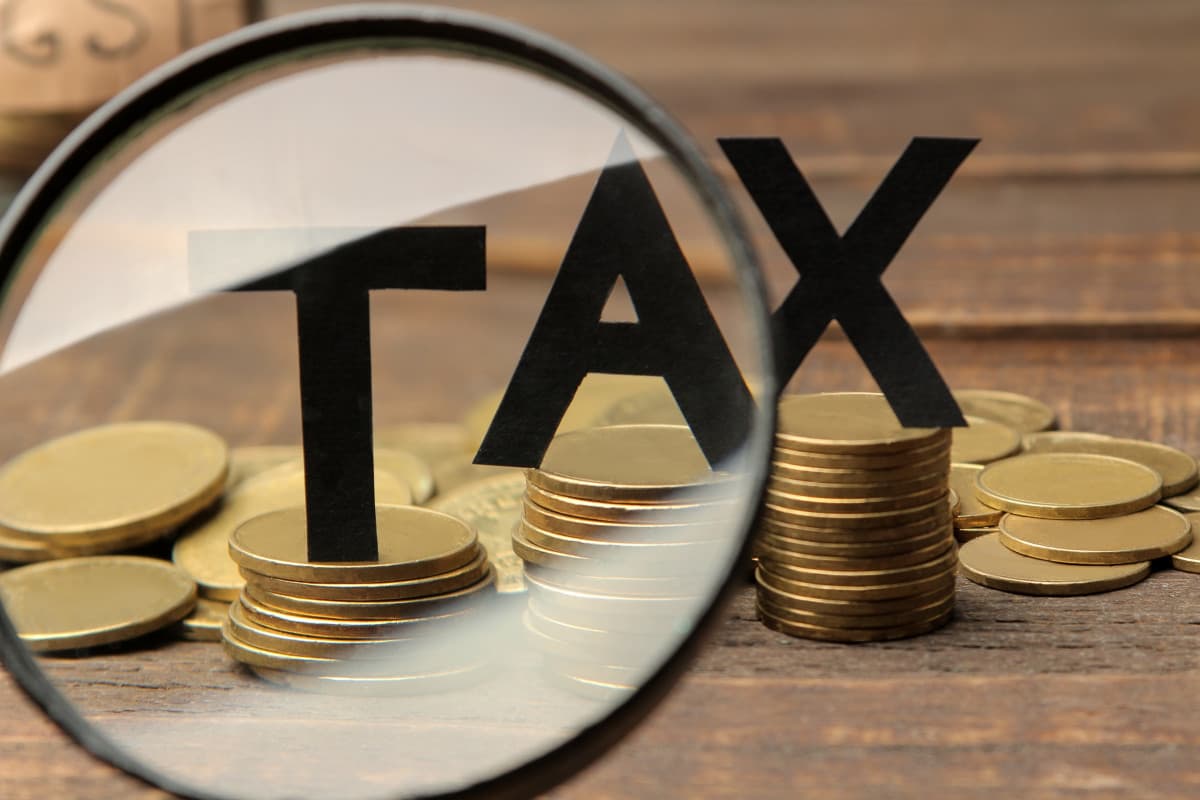When you are into a working life you can afford to take chances by waiting till the end day to make your tax-saving investment decision, but after retirement, you can’t take any risk. Retirees have to live on limited financial resources, so they need to plan everything, including tax-saving investments. Even if they have to make tax-saving investments at the last minute, here are some serious mistakes that seniors must avoid.
Investing In Instruments That Requires Long-Term Commitment
Usually, in the last-minute rush, people feel comfortable choosing the tax-saving instruments that are frequently pitched to them by the agents. It can force them to make mistakes by selecting the tax-saving instrument that requires their investment commitment every year. For example, investing in a traditional insurance plan to save taxes can make the investor commit to making similar investments in the future, or else they may not get their money back. Even if they invest in such a product, the return is minuscule. So, if you forgot to invest in a saving instrument for some reason, don’t choose an instrument that is not suitable for your financial needs, seniors must avoid doing this.
Also Read: 5 Post Office Savings Schemes With Highest Interest Rates—All You Need To Know
Ignoring Financial Goal While Choosing A Tax-Saving Investment Product
Seniors should avoid investing in tax-saving investments which are not in sync with their financial goals. When you invest in a tax-saving instrument, make sure it also fulfils your financial goal requirements. For example, if your financial goals require a return on investment of 10 per cent but the tax saving instrument offers a return of only 7 per cent, it is better to first focus on choosing the instrument that helps you achieve your goal than investing just for saving taxes.
Also Read: CBDT Sets Outstanding Tax Waiver Limit At Rs 1 Lakh, How To Check The Status?
Investing More Or Less Than The Prescribed Tax-Saving Limit
Before you invest in a tax-saving instrument, do you assess how much you need to invest in the tax-saving instruments and how much investment you have already made? In the last-minute rush, seniors may miss out on recognizing their exact tax-saving requirement and fall short or exceed the investment needed into tax-saving instruments. So, seniors should avoid investing in tax-saving instruments without estimating their actual investing requirement. For example, suppose you had to invest Rs 1.50 lakh in a saving instrument u/s 80C to get the deduction benefit and lower your tax liability, but you invested only Rs 1 lakh, thus resulting in a higher tax liability due to an under-investment in the tax saving scheme.
Senior citizens must plan their tax-saving goals and avoid waiting till the last day to invest in a tax-saving instrument. A mistake in choosing the appropriate tax-saving instrument can cause issues such as lower returns, lower tax savings, longer lock-in commitments, etc. Seniors may consult their tax advisor to accomplish their tax-saving goals on time and to avoid the last-minute tax-saving rush.
The author is an independent financial journalist.




